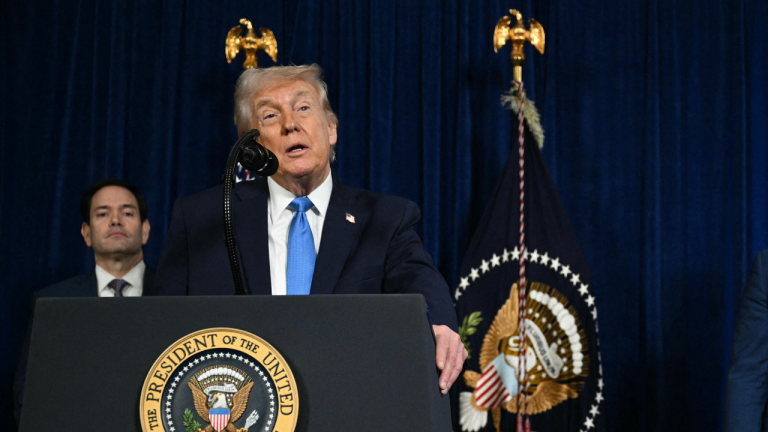
A recent audit by the Office of the Inspector General (OIG) has revealed significant inconsistencies regarding the claims of Senate Democrats that illegal immigrants do not receive Medicaid. Senator Tammy Duckworth of Illinois stated, “Fact: Undocumented immigrants are not even eligible to purchase the ACA coverage we’re trying to protect.” Despite her claims, the situation on the ground suggests a more complex reality, particularly in states like California.
The OIG’s audit specifically targeted California for “improperly” requesting federal funds to cover $52.7 million in medical costs for individuals with “unsatisfactory immigration status.” This raises serious questions about how taxpayer dollars are being utilized in states that extend benefits to noncitizens. The audit prompted recommendations for California to reimburse the federal government, highlighting the intricacies of healthcare eligibility that many may not fully understand.
According to the OIG, states are typically barred from seeking federal reimbursement for Medicaid services offered to noncitizens unless it’s for emergencies. However, California’s Medicaid program appears to extend coverage far beyond what federal guidelines permit. The OIG noted that the state is obligated to cover nonemergency services for these individuals, and this funding must come from state coffers. Critics argue that this policy is not only a misuse of funds but also a broader concern regarding the financial burden placed on taxpayers.
In many states, including California, Medicaid is indeed being offered to those regardless of their legal status. Often, state taxpayer dollars are diverted to cover these costs, leading to more extensive debates about budgeting and resource allocation. Recent discussions have surfaced in places like Minnesota and Illinois, where the ramifications of such policies are becoming a pressing issue among lawmakers.
Also Read : JUST IN: Trump Admin Declares War On Drug Cartels With Stunning Memo
The ongoing federal shutdown discussions have also brought these issues into sharp focus. Speaker Mike Johnson pointed out the implications of the proposed funding bill by Senate Democrats. He noted that the legislation could effectively allow illegal immigrants access to taxpayer-funded healthcare, saying, “The Democrat CR would repeal our Working Families Tax Cut policies that eliminated waste, fraud, and abuse from Medicaid.” This has led to alarm among those wary of government spending and its potential consequences on public services.
This heated conversation reflects a growing concern among citizens about how their hard-earned tax dollars are being spent. With skyrocketing healthcare costs and strained state budgets, many feel uneasy about the idea of funding services for individuals who may not be legally present in the country. As healthcare costs continue to rise, these issues will likely remain at the forefront of political debates, impacting negotiations at both state and national levels.
The findings from the recent audit serve as a reminder of the complexity surrounding immigration policies and their implications for public services. As states navigate these waters, transparency and accountability will be key in addressing the concerns of taxpayers who demand that their government prioritize the needs of legal residents and citizens.







1 thought on “NEW: Democrats Caught Red-Handed Trying To Fund Illegal Immigrant Healthcare”